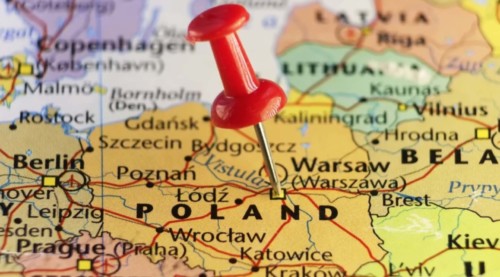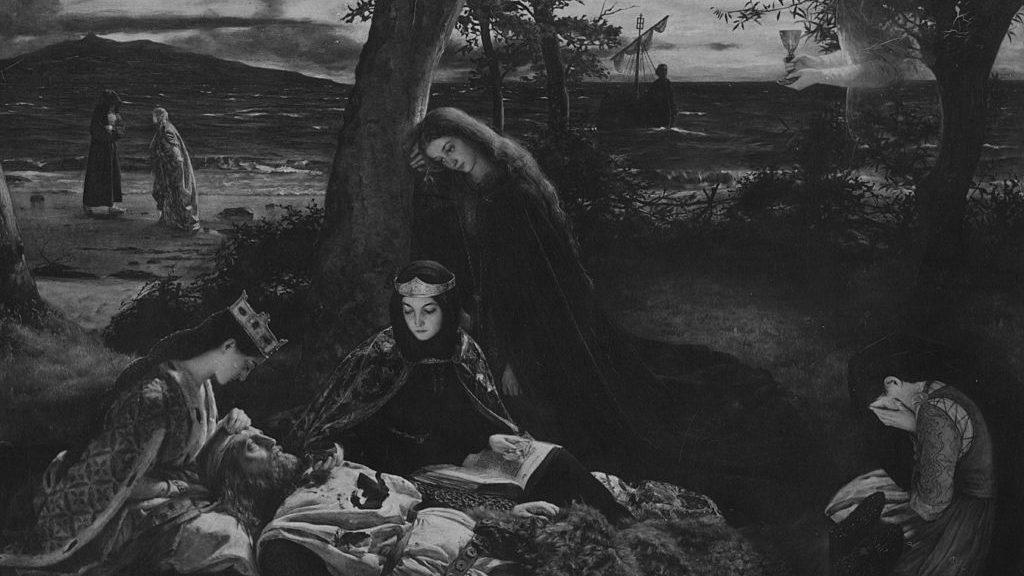2024 EU Elections polls suggest that the national conservatives of the European Conservatives and Reformists (ECR) will be the biggest overall winner, establishing themselves as a new major group in the Parliament. Poland is a key country for the ECR, so what happens at the upcoming Polish ballot matters a lot to Brussels.
More than just an emerging EU powerhouse, Poland is one of the strongest champions of the conservative movement in Europe. Especially after the British departure, the Polish Law and Justice party (PiS) has been an important pillar of the ECR. Now that the group has grown strong in Italy and the Czech Republic too, a third consecutive win will reaffirm PiS’s central role on the European Right.
As conservatives are taking centre-stage in the European Parliament, the future direction of Europe and the EU on issues like migration, the green agenda, or Ukraine, will often depend on whether Christian Democrats and conservatives can reach common ground. However, PiS, which has been involved in a series of rows and disputes with EU institutions, remains a red flag for some in the centre-Right.
Echoing the German CDU’s staunch animosity towards PiS, Manfred Weber, who succeeded Donald Tusk as leader of the EPP, has lately ruled out any cooperation between the EPP and PiS, which he described as a “political enemy”. He went so far as to ask for a European “firewall” against the ruling Polish party – by far the biggest party by number of seats in the ECR, to be possibly surpassed in the future only by Brothers of Italy.
As for the Polish EU and EPP bigwig, former European Council President, Donald Tusk, he left his post in Brussels in order to once more challenge his old rival, Jaroslwaw Kaczyński. In May 2022 he returned full-time to Warsaw to lead the Civic Alliance party against the PiS, which has been in office since 2015 – and possibly recapture some seats for the EPP in the long run.
The bitter feud between Tusk and PiS mastermind and president Kaczynski has been going on for decades. However, this is much more than a personal grudge. Above all, a clash of ideologies is taking place. Centre-Right policies that have veered to the Left are losing time and again to the conservative agenda, put into practice by a credible political party.
Like Orban’s Hungary, Poland is a show-case example of how a European nation that upholds its values, historical traditions and cultural identity can prosper and stand its ground on the international stage. In addition, Poland is one of the most trustworthy and proactive NATO members involved in the Ukrainian conflict. This does not go unnoticed in Brussels.
At the end, the “battle for Poland” on October 15 – when Poles are set to elect members of the Seijm and the Senate, as well as decide on issues in parallel referendums – may go south for Weber and Tusk. PiS is expected by most polls to win by a considerable margin. Mateusz Morawiecki’s government will probably come out stronger than ever.
The EPP is beginning to understands that the centre-Right cannot blindly oppose the Right. Under fire by Ursula von den Leyen and the party’s Left, Weber has called for the coalition to become a “bridge builder at the centre of European politics”, has held talks with Giorgia Meloni and recently sided with ECR and Identity and Democracy (ID) on the Green Deal legislation.
In the next Parliament the ECR may have the same number of seats as Renew. In order to retain at least part of its centre-Right character, the EPP cannot only cooperate with the socialists and liberals. It needs to seek mutual understanding with conservatives too. This will be difficult to accomplish, if the party does not learn to respect the democratic decisions of the Polish people.
Konstantinos Bogdanos served as a member of the Greek parliament from 2019 to 2023





New Europe had the potential to save the European project from its federalist excesses – but is this another victim of the Ukraine war?